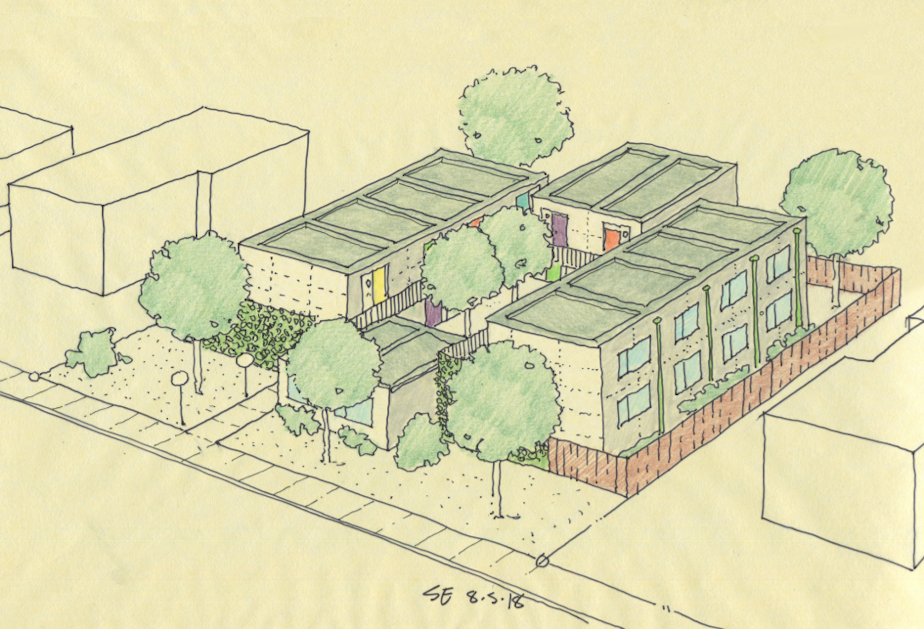King County will try modular housing to shelter homeless

With more than 12,000 people homeless in King County on any given night, King County officials are launching a new approach to get people housed quickly.
The idea? Modular housing. This means that housing units are built elsewhere, and then the components are assembled onsite, kind of like stacking Legos.
Now, King County is launching three pilot projects to see how modular units might work for shelter and permanent housing for the homeless.
King County Executive Dow Constantine said the modular approach can be cheaper and faster than traditional construction.
And because units can be moved, modular housing could also help to navigate land constraints.
"If we are able to use land on an interim basis, we can get more people sheltered or housed,” Constantine said. “So if you have public property that's going to eventually be put into another use, you can bring a modular complex in, you can keep it there three to five years, and then you can pick those units up and move them elsewhere."
In total, the three pilot projects would house up to about 200 people and cost the County roughly $12 million.
Here’s what’s planned:
One modular shelter would have a campus-like layout, with nine dormitory units housing a total of 72 people. This is planned for county-owned land on Elliott Ave in Seattle. It would serve singles and couples, and would welcome pets. It would have a kitchen, bathrooms, laundry facilities, storage space and case management offices.
Another site would hold 20 micro-dwelling units designed to house 25 people. These units would be fully equipped affordable homes.
A third project would be located in Shoreline and would provide 80 to 100 units of permanent supportive housing. Land at North 198th and Aurora Ave North is being provided by the city of Shoreline.
All three projects will have 24/7 onsite services and will prioritize people with behavioral health needs and people exiting homelessness. The first two projects are expected to be available by August of 2019.
But the King County initiative isn’t the first time something like this has been tried in the region. Billionaire Paul Allen donated $1 million in 2016 for a project that aimed to build housing for the homeless in Columbia City out of steel modules.
According to reporting in the Seattle Times, that effort has been shelved due to issues with permitting and city codes.
Constantine said the county’s pilots will help them work out the kinks in using modular housing. The hope is that this approach will help all jurisdictions, as well as non-profits and businesses, to find a new way to tackle homelessness, Constantine said.
“This is us trying new things and if they prove effective we can do more of them themselves and offer the lessons we’ve learned to others,” Constantine said.

